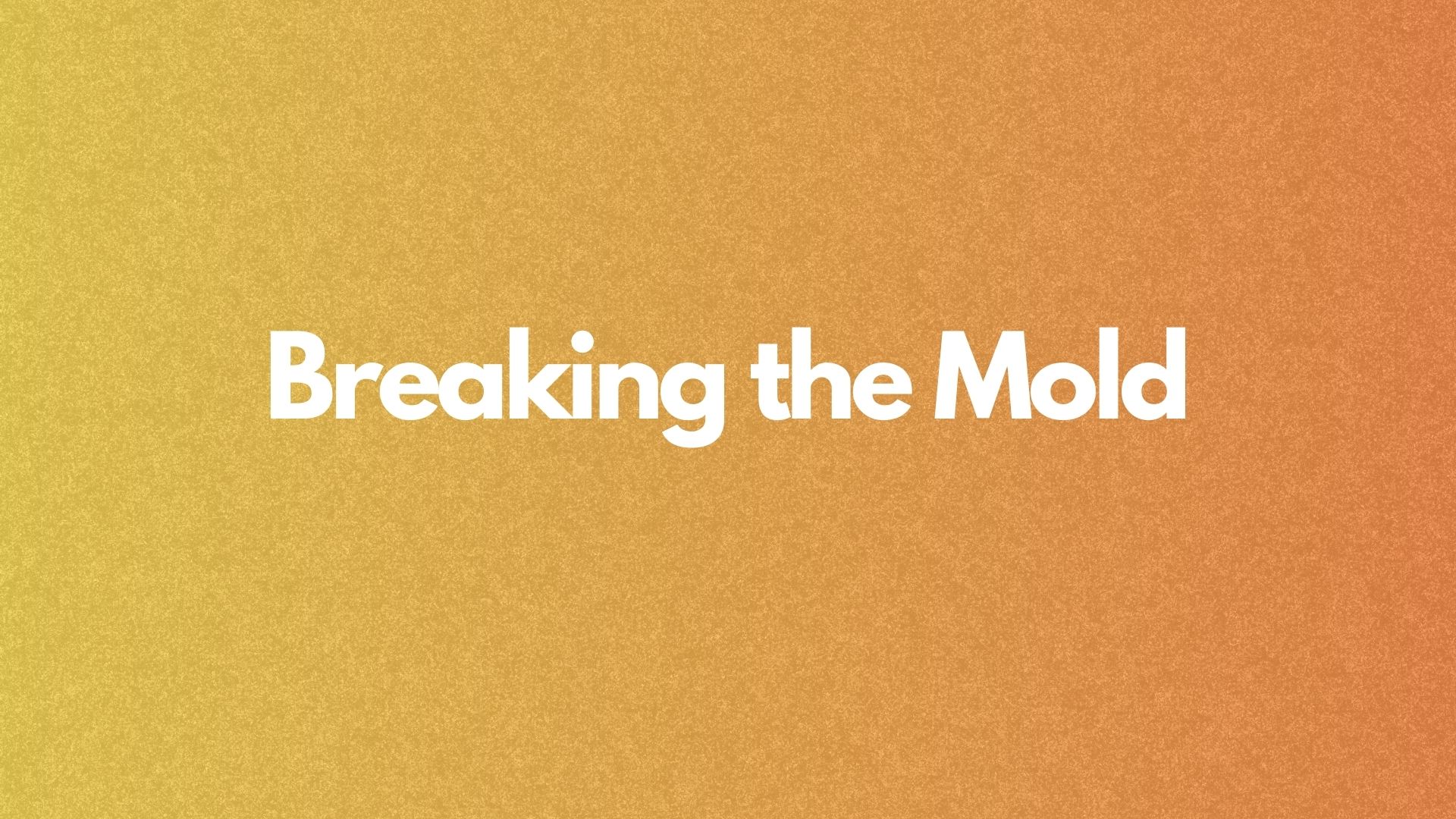
Breaking the Mold - Tupperware
Hey there! I’m kicking off a new series called “Breaking the Mold” to spark some creativity in the business world. Each week, I’ll dive into a unique company that’s doing things their own way. Got a business you’re curious about? Let me know, and I might feature it!
Today, we’re talking Tupperware. You know, those plastic containers your grandma swears by? Well, there’s more to this company than meets the eye.
Earl Tupper founded Tupperware back in 1946 in Orlando, Florida. They’re not just about food storage – they’ve got a whole range of kitchen and household products, from knives to water bottles and everything in between.
Now, get this: Tupperware rakes in around two billion dollars in revenue. Pretty impressive for plastic containers, right? But here’s where it gets interesting. While they do sell in retail stores nowadays, they’re famous for their direct sales and home parties. In fact, where I’m from in Denmark, that’s still the only way to get your hands on their stuff!
I chatted with my grandmother about this (she’s a total Tupperware fanatic), and she swears their products are top-notch. Sure, they’re not the cheapest option out there, but customers see them as worth every penny. Why? Because Tupperware stands behind their products with a lifetime guarantee. Break it? They’ll replace it. No questions asked.
But Tupperware’s real secret sauce? It’s all about personal connection. They’ve mastered the art of engaging directly with their customers. Think about it – instead of just seeing a product on a shelf, you’re watching a demo, chatting with a rep, maybe even sipping coffee in your friend’s living room. It’s a whole experience. And let’s not forget how they’ve turned their brand into a household name. “Tupperware” isn’t just a company – it’s become shorthand for any food storage container. That’s branding gold right there.
So, what can other businesses learn from Tupperware? It’s simple:
- Quality matters. A lot.
- Stand behind your product.
- Make buying from you an experience, not just a transaction.
- Build a brand so strong that people use your name for the whole product category.
Not too shabby for a company that started with plastic bowls, huh?